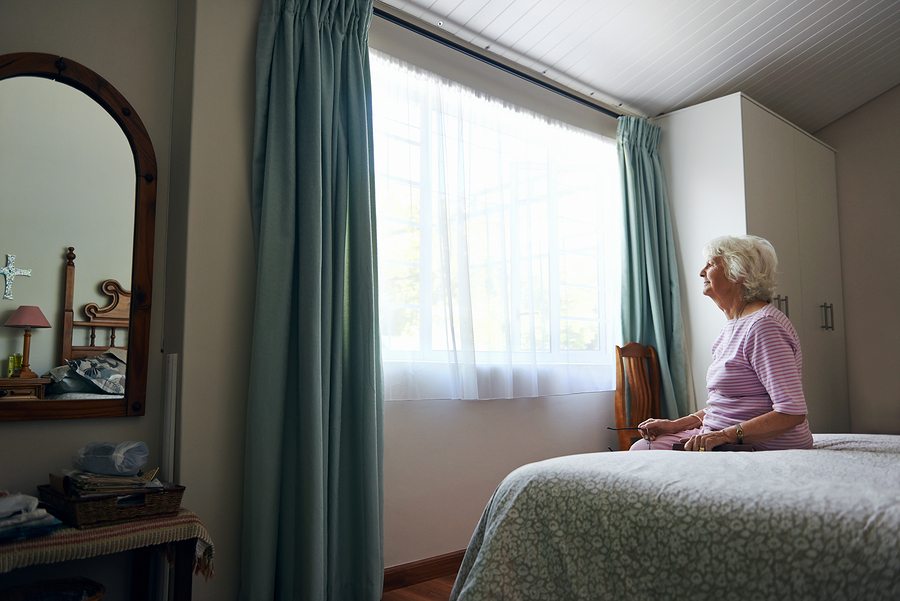Dangers of Social Isolation in the Elderly
As people age, they are at a greater risk for social isolation. This occurs when people have no significant or meaningful connection with others in their family or community. Not only are elderly people subject to many of the conditions that create social isolation, they experience negative health effects as a result. Staying connected to other people is a big benefit to physical and mental health.

Elderly Care in Prince William County VA: Elderly Social Isolation
The dangers of social isolation to an elderly person’s health are significant. It is considered to be a growing epidemic among elderly people as life spans increase but friends and family tend to move apart from each other. Usually, there are a number of factors that contribute, such as no longer being able to drive, living in a rural area, few transportation options, physical mobility issues, language barriers, tight budget, disinterest in hobbies and activities and no close family. It’s important for family caregivers to consider the negative health effects that social isolation can bring upon their aging relative, and take steps to prevent it.
Here are just a few of the dangers of social isolation in the elderly:
-Increased Risk of Falls
While seniors are already at a greater risk of slip and fall accidents, those living in isolation are more likely to suffer severe injuries from them. An isolated elderly person may not get help with their injuries quickly, causing complications and even death.
-Increase Hospital Visits
Seniors that are isolated from the community are also more likely to be admitted to the hospital repeatedly. Often, this is because they don’t receive regular doctor visits for health checkups, or get to a clinic to treat mild to moderate issues. They also don’t have anyone to take care of them in their home, like an elder care assistant, so they only get medical help when the problems are severe.
-Dementia
Studies show that elderly adults that experience social isolation are more likely to develop dementia at a faster rate than those who are engaged with their community, friends and family. Seniors will develop a faster cognitive decline when socially isolated, likely because their brain is not being stimulated with new experiences and thoughts.
-Depression
Seniors are already at risk of developing depression, and social isolation increases those odds. Even worse, seniors are less likely to seek help for their mental health issues because they don’t have friends or family members to encourage them to seek out therapy.
-Increased Mortality
Living in isolation has an overall effect on health and wellness. Community and family are so significant to life that recent studies show that mortality rates for socially isolated seniors can happen earlier and more frequently than for those elderly people with a strong support network.
The dangers of social isolation in seniors is real, and family caregivers that want to ensure their elderly relative enjoys a long and fulfilling life should make sure they have access to what they need. Ideas include non-driver transportation options, elder care assistance, strong family ties, lots of community involvement and regular doctor visits. Humans need others to thrive, and seniors with a loving and caring network of family and community will not experience social isolation.
If you or an aging loved-one are considering hiring elderly care in Prince William County, VA, please contact the caring staff at LivinRite Home Care.
Call Us Today at (703) 634-9991.
Serving Northern Virginia, The Valley, and Surrounding Communities.
Source:
Healthjournalism.org
- Skilled Nursing: Offering Peace of Mind for Seniors Aging in Place - April 8, 2025
- Can Physical Therapy Help Seniors Learn How to Fall Safely? - March 27, 2025
- Senior Home Care Helps Keep Aging Adults Safe in the Kitchen - March 11, 2025
